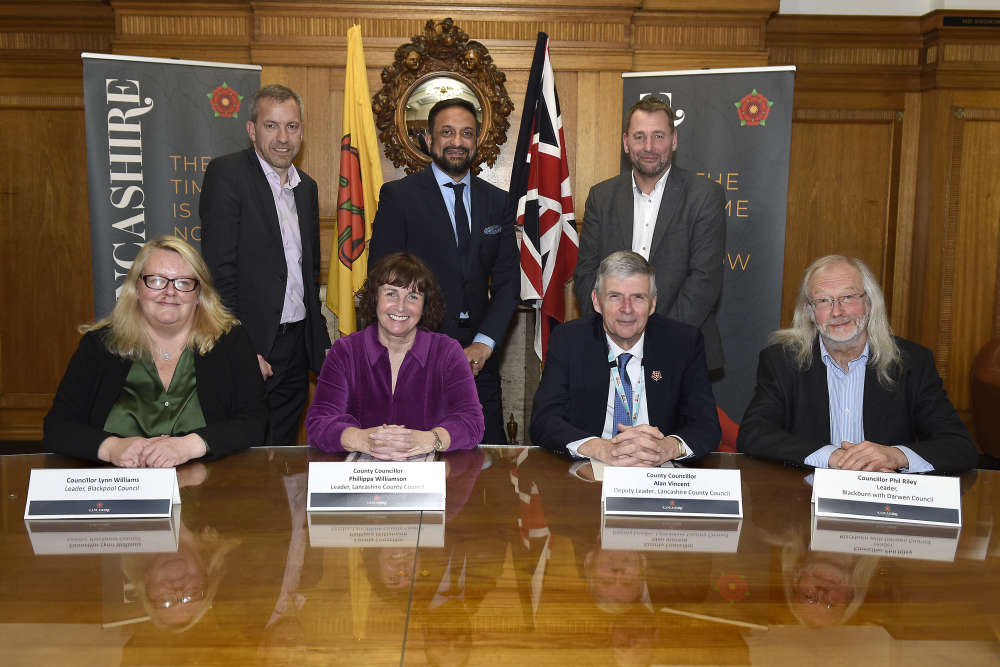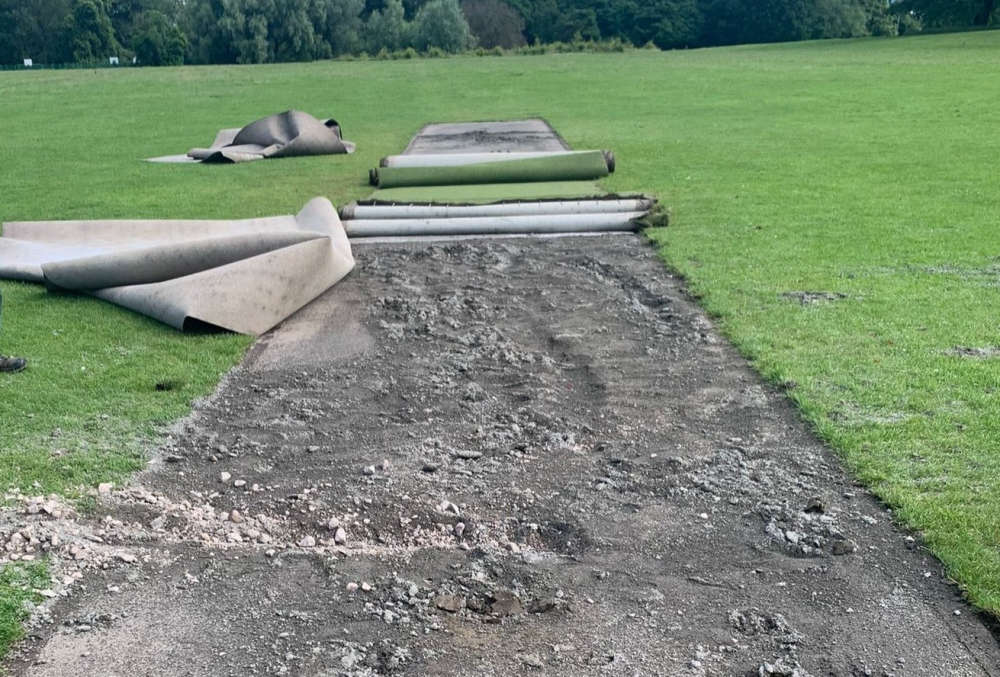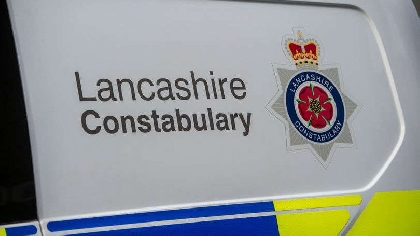
Lancashire has moved a step closer to being handed a raft of new powers after the county’s devolution deal reached a milestone moment in Parliament.
The government has set out the regulations that will pave the way for the creation of a new combined county authority (CCA) to take charge of the additional responsibilities coming Lancashire’s way.
A ‘shadow’ version of that body has also been established and held its first meeting at County Hall on Tuesday.
The next stage in the process will see a parliamentary committee consider the so-called ‘statutory instrument’ that will enable the formation of the CCA proper – with the organisation expected to come into being early in the new year.
The move comes against the backdrop of a push by a group of Lancashire’s Labour MPs to persuade the government to strike a more extensive devolution agreement with the county, which – unlike the current one – would bring with it an elected mayor and a slashing of local councils.
The deal now set to be approved by Parliament was done with the previous Conservative administration and has since been rubber-stamped by the new Labour government.
While local government minister Jim McMahon has invited Lancashire to come up with a plan for “deeper and wider devolution” by next autumn, he has so far resisted calls from some of his own party’s MPs and district council leaders to move straight to a broader agreement.
The laying of the statutory instrument suggests the current deal is now certain to be implemented – whatever else may follow and however quickly that next stage might materialise.
The CCA – in both its shadow and full form – is made up of representatives of the three signatories of the deal: the leader and deputy leader of Lancashire County Council and the leaders of Blackpool and Blackburn with Darwen councils.
The county’s dozen district authorities are represented by the leaders of Chorley and Ribble Valley councils – but they sit only as ‘non-constituent’ members and so do not have voting rights. The business sector will also have a seat at the table in the form of the chair of the Lancashire Business Board.
The new authority will oversee Lancashire’s devolved powers once they are formally conferred on the county – including control of the adult education budget and extra transport and regeneration power. It will also be responsible for the £20m in additional government funding that accompanies the deal, which has already been earmarked for a series of largely growth-boosting projects.
The shadow CCA will meet in private – on a timetable yet to be decided – between now and when it moves into full form.
ARE WE NEARLY THERE YET?
Lancashire County Council leader Phillippa Williamson said the county was now “within touching distance” of the creation of the CCA – after eight years of attempts to bring devolution to Lancashire.
“I passionately believe that the new authority is in the best interests of our residents and businesses – and means that more decisions affecting local people can be made right here in Lancashire.
“For us, the formation of the CCA is just the beginning of what we hope to achieve and we will be looking for every opportunity to bring more money and powers to our county once it is up and running,” County Cllr Williamson said.
Phil Riley, leader of Blackburn with Darwen Council, welcomed the fact that the government “has listened to Lancashire and has started the parliamentary process towards devolution”.
He added: “We are ready to work with them on the next stage. It’s a very positive step forward after a lot of uncertainty about what the future looks like.
“We are all fully focused on making sure communities across Lancashire benefit from devolution, with transport and skills high on the agenda.”
Meanwhile, Blackpool Council leader Lynn Williams, said: “We are now starting to see some progress and momentum around the establishment of a combined county authority. With the release of £20m from government and now also the ability to form a new body which will deliver some key strategic projects for the benefit of our communities.
“On Lancashire Day, it seems fitting that these significant milestones have been achieved. We are at the beginning of our devolution journey and I’m really pleased that these important steps have been taken. I very much look forward to exploring what else devolution could deliver for our residents across Blackpool and Lancashire,” Cllr Williams said.
Ribble Valley Borough Council’s Tory leader Stephen Atkinson – a longstanding opponent of a Lancashire mayor and any redrawing of the local authority map in Lancashire – said the implementation of the current devolution deal “proves that we do not need to change councils”.
“We can achieve devolution with the existing local government structure in Lancashire, which keeps councils local to their communities, but [means they] can operate at a strategic level through the combined county authority,” Cllr Atkinson told the Local Democracy Reporting Service.
Chorley Council leader Alistair Bradley was also approached for comment. He and the other Labour district leaders have previously called on the government to create an elected mayor.
Speaking about the parliamentary process now in train, Deputy Prime Minister Angela Rayner said: “It’s fantastic that we’ve taken another step forward in Lancashire’s devolution journey, ensuring local leaders have the powers they need to transform lives.
“I look forward to working with local leaders in Lancashire to fully unlock this area’s rich potential, including through our upcoming English Devolution White Paper.”



 Motorcyclist dies after collision in Chorley
Motorcyclist dies after collision in Chorley
 Man jailed for attempting to kill police officer at Preston station
Man jailed for attempting to kill police officer at Preston station
 Intensive day of action tackles community issues in Preston City Centre
Intensive day of action tackles community issues in Preston City Centre
 Get your green fingers on early bird tickets for Chorley Flower Show
Get your green fingers on early bird tickets for Chorley Flower Show
 Cricket pitch funding approved
Cricket pitch funding approved
 Concern for missing Preston man also wanted on recall to prison
Concern for missing Preston man also wanted on recall to prison
 Rebrand for 19,000 home social landlord includes controversial name change
Rebrand for 19,000 home social landlord includes controversial name change
 Body found in search for missing man
Body found in search for missing man




